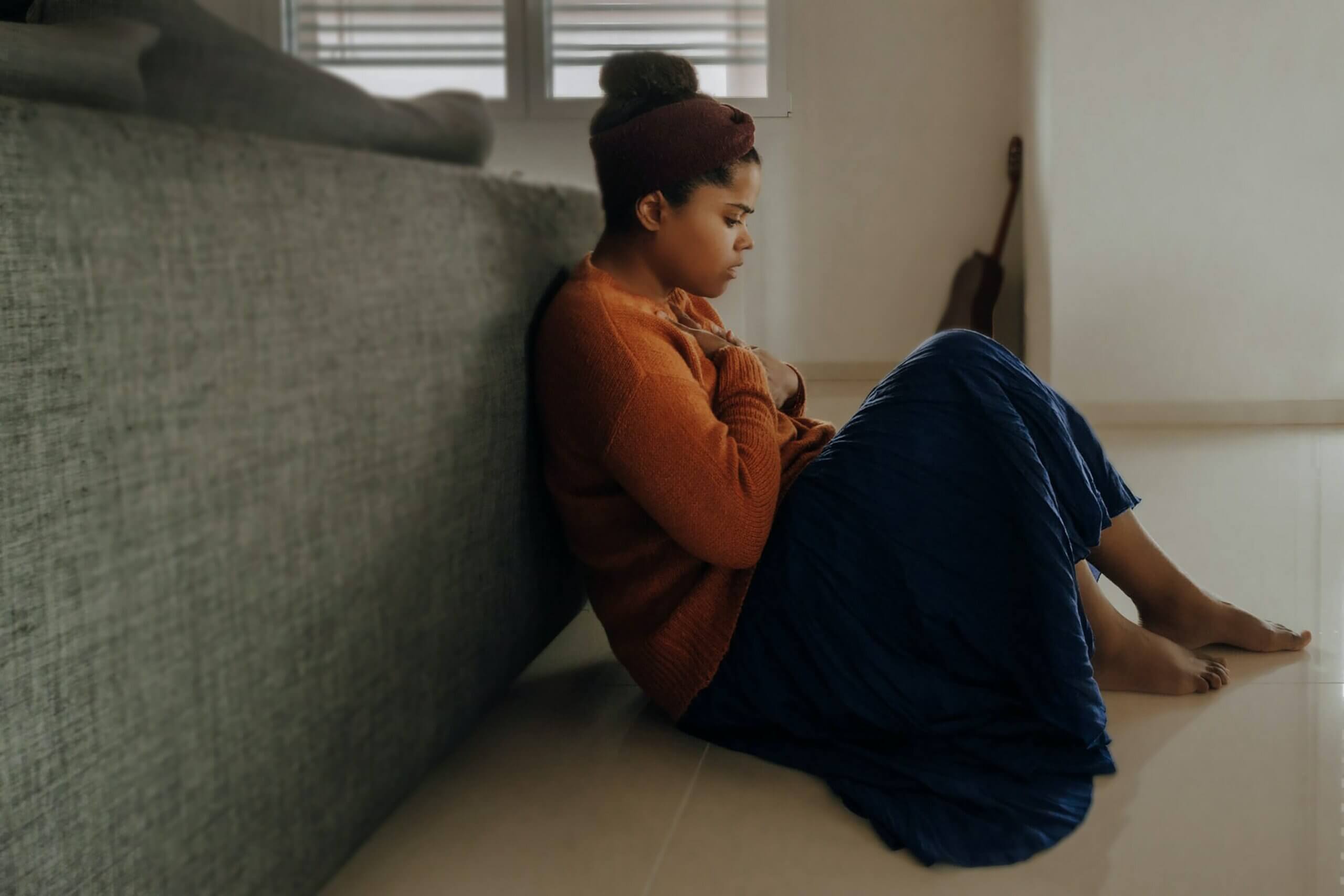You likely have read the news about Uvalde.
Many people have expressed disbelief that this happened in a school again and that this occurred soon after other shootings in recent weeks. You might be experiencing grief, anger, fear, panic, disconnection, disbelief, and a variety of other emotions. Anger about how this happened, grief for the loss and the drastically different school experience children have versus what adults had, and maybe uncertainty or fear for your own safety or for those you love. It seems as though we’ve barely caught our breaths over the past few weeks from collective trauma after collective trauma, not to mention the chronic stress we’ve experienced collectively and individually over the past two years. Our bodies have evolved to quickly and effectively react to acute stress, such as immediate, life-threatening events. What’s challenging for us is when that activation becomes chronic, as it has for many of us recently.
Many people have described feeling exhausted or speechless since yesterday. Maybe you heard similar phrases in 2020 when it seemed that an “unprecedented event” was happening weekly. Feeling depleted in some way is likely expected after repeated exposure to collective trauma, including mass shootings. Coping after this event is challenging, but there are some things you can do even when feeling helpless, such as monitoring social media consumption, turning toward others for mutual support and co-regulation, capitalizing on your strengths to contribute to social change instead of trying to master everything, grounding yourself, aligning with your values, and practicing self-compassion. It might also help to slow down and take things day by day or hour by hour.
Below are resources that can provide further support, education, and skills during this time.
Resources in Response to the Robb Elementary School Shooting
In response to the Robb Elementary School shooting in Uvalde Texas, the National Child Traumatic Stress Network has developed resources to help children, families, educators, and communities navigate what they are seeing and hearing, acknowledge their feelings, and find ways to cope together. These resources include:
- Talking to Children about the Shooting
- Helping Youth After a Community Trauma: Tips for Educators (En Español)
- Talking to Children: When Scary Things Happen (En Español)
- Talking to Teens about Violence (En Español)
- Tips for Talking to Students about Violence
- Coping After Mass Violence: For Adults
- For Teens: Coping After Mass Violence(En Español)
- Helping School-Age Children with Traumatic Grief: Tips for Caregivers (En Español)
- Helping Teens with Traumatic Grief: Tips for Caregivers(En Español)
- Helping Young Children with Traumatic Grief: Tips for Caregivers (En Español)
- Guiding Adults in Talking to Children about Death and Attending Services
- After a Crisis: Helping Young Children Heal
- Age-Related Reactions to a Traumatic Event
- Once I Was Very Very Scared – children’s book for young children
- After the Injury—website for families with injured children
- Health Care Toolbox—website for pediatric health providers working with injured children
- Pause-Reset-Nourish (PRN) to Promote Wellbeing (En Español) (for responders)
Psychological First Aid
The NCTSN also has resources for responders on Psychological First Aid (PFA; En Español). PFA is an early intervention to support children, adolescents, adults, and families impacted by these types of events. PFA Mobile and the PFA Wallet Card (En Español) provide a quick reminder of the core actions. The PFA online training course is also available on the NCTSN Learning Center.
Additional PFA resources for schools include:
- Psychological First Aid for Schools (PFA-S) – Field operations guide
- Providing PFA-S: For Health-Related Professionals – handout
- Providing PFA-S: For Principals and Administrators – handout
- Providing PFA-S: For School Support Staff – handout
- Providing PFA-S: For Teachers – handout
From the National Mass Violence and Victimization Resource Center
- Transcend (mobile app to assist with recovery after mass violence)
- Rebuild your Community: Resources for Community Leaders
- Media Guidelines for Homicide Family Survivors
- Timeline of Activities to Promote Mental Health Recovery
- Self-Help: Resources for Survivors
- E-learning Courses: Trainings for Clinicians
- Resources for Victim Assistance Professionals

